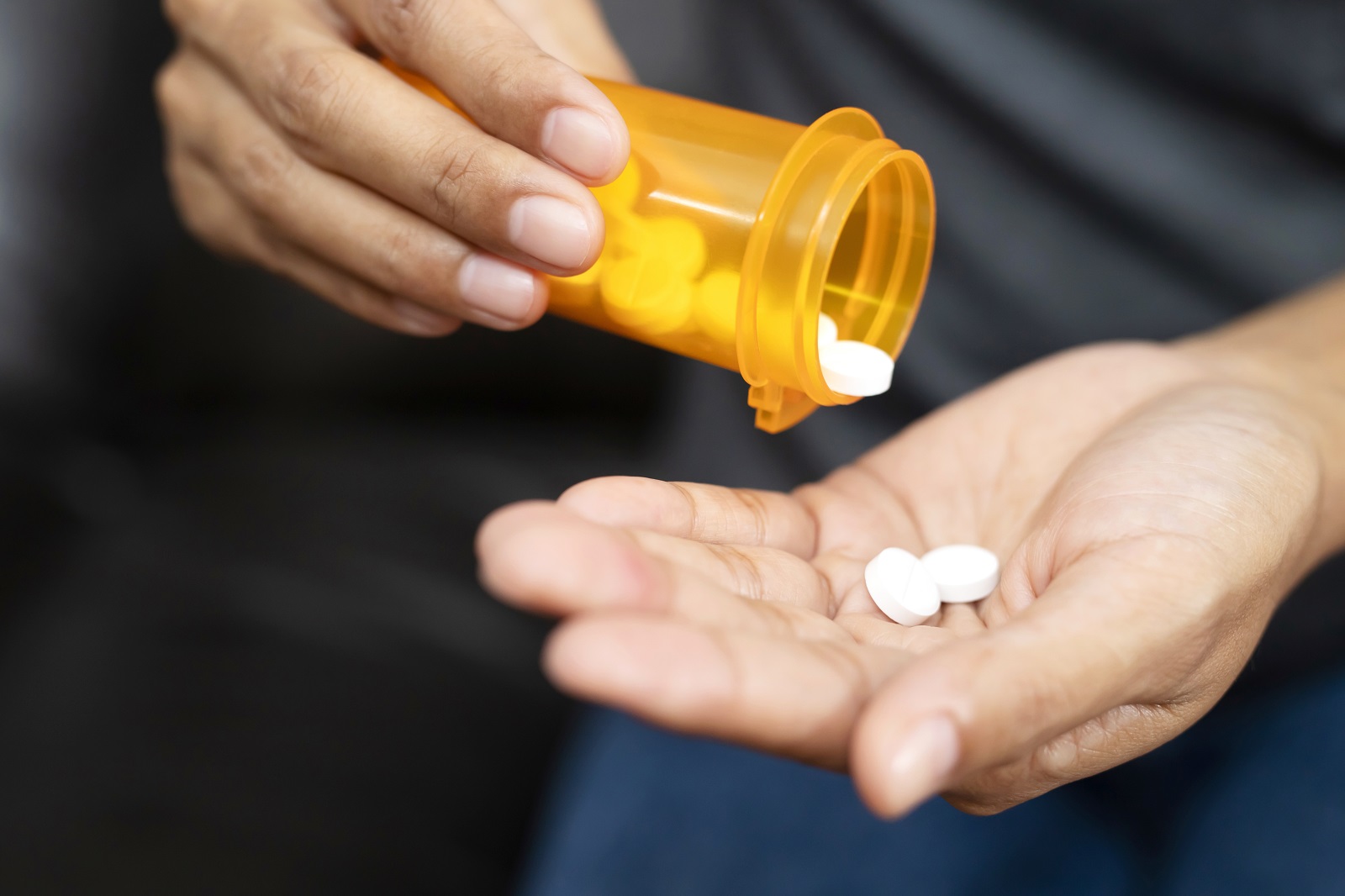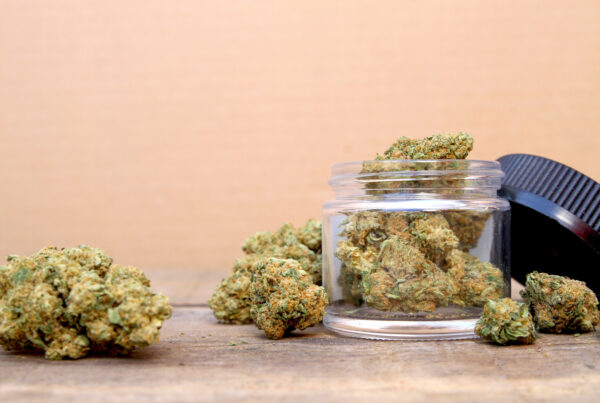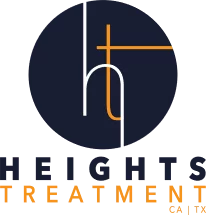Table of Contents
There are a lot of different pain medications out there. It can be hard to keep track of all the different kinds. It’s pretty common not to worry too much about what pain medications your doctor prescribes so long as you need them and they cover your pain adequately.
The problem is that often pain medications can come with risks and unwanted side effects that make them harder to manage. And, if you don’t understand what kind of pain medication you’re being given, it can be hard to tell if it’s working the way it’s supposed to or what kind of side effects and risks are normal or abnormal for that medication.
Two common pain medications that are also often abused are Codeine and Hydrocodone. These are both opioid main medications, but there are some significant differences in how and why they are used, what risks come with them, and how they can lead to addiction.
If you’ve been prescribed either of these medications or have been given them in the past and aren’t sure what to take, you’re in the right place.
We’ll also discuss if there are any differences between codeine vs. hydrocodone when it comes to addiction risk and presentation and what you need to know about the addictive potential of these medications.
Let’s dive in.
What Are Codeine And Hydrocodone?
The first thing you need to know is that codeine and hydrocodone are both opioid drugs, which means that they are in the same class, but they can still function differently in your body. Codeine is a relatively common ingredient in cough syrups because it can help reduce the urge to cough and help calm your breathing or make it easier to sleep through an illness.
Hydrocodone isn’t used the same way as codeine, partly because it’s stronger but also because it doesn’t have quite the same effect as codeine when your body processes it.
And just like hydrocodone can’t do codeine’s job, neither can codeine do hydrocodone’s job. Let’s talk a little more about how these medications are used.
Codeine
There are two basic ways codeine is used. It’s either to treat mild to moderate pain from minor injuries or other concerns or in combination with other medications to help treat coughing.
Codeine is generally considered a mild medication, but it can be habit-forming, which means you usually need a prescription. Codeine can also be harder to get now because it’s a common target for drug abuse and can be used to make other, much stronger, drugs.
Because of that risk of abuse, more and more pharmacies are choosing not to stock codeine medications for insurance reasons or because codeine is a common target for break-ins and theft.
Hydrocodone
Hydrocodone, on the other hand, is a significantly stronger medication and is a frequent target of abuse either because people are looking to get high or because this medication, like all opioid medications, can be habit-forming, and people can become addicted even from normal use.
Hydrocodone combined with Tylenol (acetaminophen) is sometimes called Vicodin, a name that more people are generally familiar with.
This medication is intended for use when people are in high levels of pain. It can be used for back injuries, post-surgical pain, and sometimes broken bones. It’s more common for use with chronic pain conditions like cancer that need high-strength medications but isn’t recommended for long-term management because of the risk of addiction and because hydrocodone is more effective combined with Tylenol, which can make the medication hard on your liver.

Which Is Stronger: Codeine Vs. Hydrocodone?
Codeine and hydrocodone aren’t entirely comparable because the medications are intended to treat very different kinds of conditions. That said, hydrocodone is stronger because it relieves more pain than codeine and can cause a more intense high when abused.
How Are These Drugs Used As Medications?
Both codeine and hydrocodone are used as pain medication. However, codeine can also be used with cough syrup to help deal with pain and muscle tension from coughing and prevent that soreness from worsening if you keep coughing.
In cough syrup, codeine is also used to help encourage sleep, which often helps people with viral illnesses recover faster.
Codeine Vs. Hydrocodone: Side Effects And Risks
While there can be many beneficial uses for these medications, it’s also true that there are some risks that come with these medications.
They can also cause a wide range of side effects, especially if you take more than prescribed or take these medications without a prescription.
Common Side Effects Of Codeine
- Dizziness
- Lightheadedness
- Nausea
- Sweating
- Constipation
- Vomiting
- Shortness of breath
- Euphoria
- Confusion
Common Side Effects Of Hydrocodone
- Dizziness
- Lightheadedness
- Nausea
- Sweating
- Constipation
- Vomiting
- Shortness of breath
- Itchiness
- Loss of appetite
- Euphoria
- Confusion
- Fatigue
- Loss of coordination
In rare cases, these medications can also cause allergic reactions, seizures, mood changes, or changes in heart rate. Again, these reactions are rare, but they can be serious and may require medical attention.
Allergic reactions and seizures, in particular, need immediate medical care whenever possible.
It is also possible for your side effects to change or get more intense each time you use these medications, especially during extended use. It’s important to monitor your side effects, including mood changes, while taking these medications.
If your side effects become too serious or distressing, you may want to talk with your prescribing doctor to see if any effective alternatives might not cause the same side effects.
Can Codeine Or Hydrocodone Be Addictive?
Yes.
All opioid medications come with a risk of developing an addiction, even when they are used properly and with doctor supervision.
There are a few reasons why opioid addiction is so common and why all opioids come with a risk of addiction.
For one thing, opioids can create a physical dependence where your body gets used to having the drug in its system, and the drug replaces certain chemicals in your brain and nervous system. Because the drug is there, your body adjusts how much of those chemicals it produces naturally, which means that you can have negative side effects or a withdrawal when you stop taking the medication.
Opioids can also cause your perception of pain to increase while you’re taking them, which makes the symptoms of withdrawal even more uncomfortable. They can make it harder to resist taking more of the medication.
Lastly, the psychological side of addiction can come in when the feeling of an opioid high offers relief from stress or other sources of distress in your life, which can quickly lead to using the medication for more than just pain relief.

Signs Of Opioid Addiction
Addiction is complex, and these signs and symptoms are only some of the hallmarks that can help you tune in to what’s happening or see the signs of addiction in someone else. Addiction doesn’t necessarily mean you will have all or even any of these symptoms.
That said, if you recognize yourself or someone in your life with these symptoms, the odds are that you might be dealing with an addiction.
Some signs and symptoms are specific to opioid addiction, like addiction to codeine or hydrocodone, but not all are. Many of these signs and symptoms can also be used as indicators for other kinds of addictions.
- You take more of the medication that you’ve been prescribed
- You feel like you need to take your medication even when you aren’t in pain
- You feel like the medication helps you be more yourself.
- You feel like you need the medication to escape your situation or feelings
- You have or have considered buying your medication from a dealer or an online pharmacy without a prescription
- You feel like you need to take your medication to perform the way you want to
- Your medication is starting to cause a performance decline at school or work
- People in your life seem more distant or more concerned about you than usual
- You feel like you need to take your medication ahead of stressful or high-pressure events
- You have or have considered stealing to get money for your medication
- You have or have considered stealing someone else’s medication
- You spend a lot of time thinking about your medication or planning the next time you can take it
- You are worried about running out of your medication, especially if you are no longer in pain or no longer need the medication to treat your pain
- You have lied to doctors to get more medication
- You have gone to more than one doctor to get prescriptions
- You feel like you need to conceal your medication use
- You feel like other people would be upset if they knew how much of your medication you take.
If this list sounds familiar, the good news is that there is a lot of help for you. You have to be ready to accept it.
How To Get Help If You’re Facing Addiction
There are a lot of potential support systems out there if you are dealing with an addiction. You can talk to your primary care doctor about your concerns if you aren’t sure where to start or what treatment options are available in your area.
Just be prepared that if your primary care doctor is your prescribing doctor, they will probably be unwilling to prescribe opioid medications until after you’ve sought treatment.
Another good option, especially if you have a personal or family history of addiction, have been addicted for a long time, or are managing a health condition or injury while trying to overcome addiction, is to go to an inpatient treatment center.
Addiction treatment centers can offer specialized and customized care designed specifically to meet your needs, including offering therapy services that can help you avoid relapsing or finding new addictions in the future.
If you think a treatment center might be the right addiction treatment option, contact Heights Treatment Center to learn more about our programs, how you can become a patient, and what to expect while you’re here.
Sources:
- Codeine: MedlinePlus Drug Information. Accessed December 2, 2022. https://medlineplus.gov/druginfo/meds/a682065.html
- Hydrocodone: MedlinePlus Drug Information. Accessed December 2, 2022. https://medlineplus.gov/druginfo/meds/a614045.html
- Pietrangelo A. Codeine vs. Hydrocodone: Two Ways to Treat Pain. Healthline. Published September 29, 2018. Accessed December 2, 2022.
https://www.healthline.com/health/pain-relief/codeine-vs-hydrocodon
The Heights Treatment Editorial Guidelines
There is a vast amount of misinformation online especially as it relates to health & wellness. We have made it our mission at The Heights Treatment to provide accurate, medically sound content that has been medically reviewed by a doctorate level clinician so that you can trust the information contained within our website.





